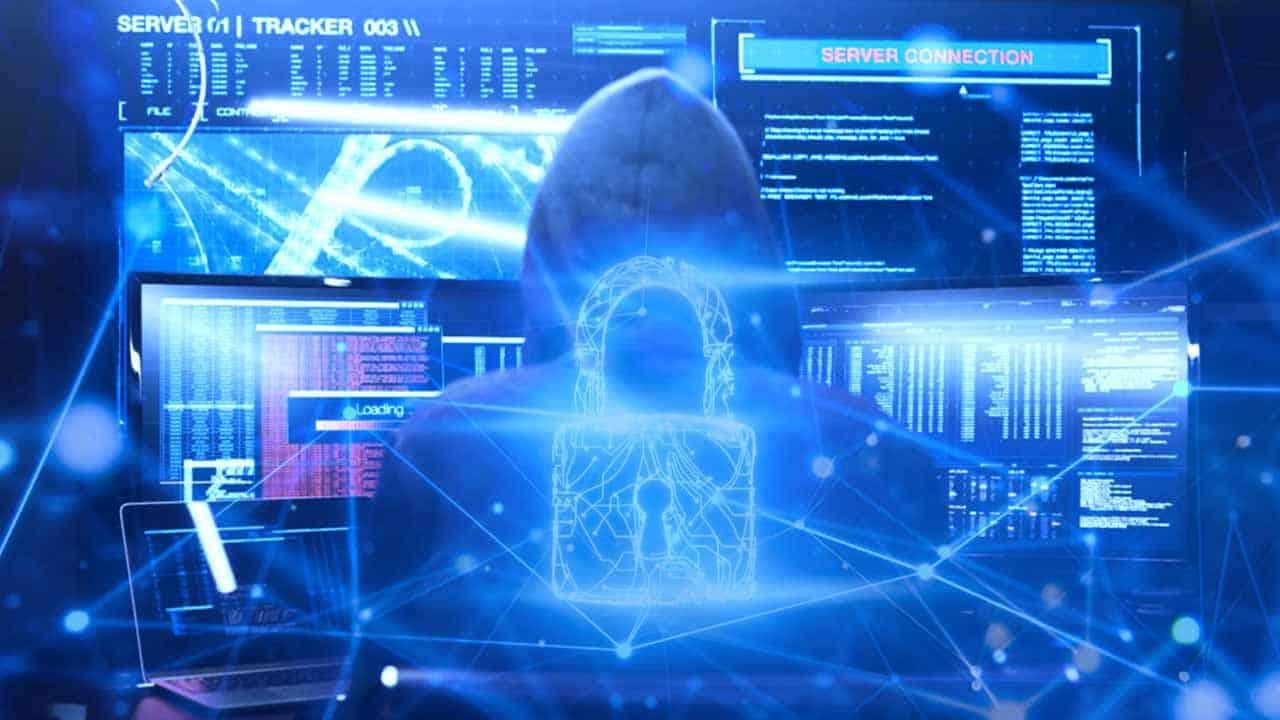Ethical Hacking vs. Cybercrime: Understanding the Difference

Ethical Hacking vs. Cybercrime: Understanding the Difference
While both ethical hackers and cybercriminals exploit system vulnerabilities, their intent and methods differ greatly. Here’s a breakdown of the key differences between ethical hacking (also known as “white-hat hacking”) and cybercrime (also known as “black-hat hacking”).
1. Intent and Purpose
Ethical Hacking (White-Hat Hacking): Ethical hackers are hired by organizations to identify vulnerabilities in their systems and networks, so they can be fixed before malicious hackers can exploit them. The primary goal is protection and improving security. Ethical hackers work within legal and ethical guidelines to secure data and systems.
Cybercrime (Black-Hat Hacking): Cybercriminals, on the other hand, exploit vulnerabilities for malicious purposes such as stealing personal or financial information, causing damage, or gaining unauthorized access to systems for profit. Cybercrime is illegal and unethical, with attackers seeking to cause harm, financial loss, or reputational damage.
2. Authorization
Ethical Hacking: Ethical hackers always work with explicit permission from the system or network owner. Their activities are authorized, and they follow a strict code of conduct, operating within the boundaries of the law and ethical guidelines. Ethical hackers may be hired by companies, governments, or other organizations to conduct penetration tests or vulnerability assessments.
Cybercrime: Cybercriminals operate without permission and usually in violation of laws, breaking into systems, networks, or devices without consent. Their activities are illegal, and they operate in secret, often anonymizing themselves to evade detection.
3. Methods and Tools
Ethical Hacking: Ethical hackers use the same techniques and tools as cybercriminals, such as penetration testing, vulnerability scanning, and exploiting security flaws. However, these tools are used for the purpose of testing security defenses, not exploiting them. Common tools include Metasploit, Wireshark, Nmap, and Burp Suite, among others.
Cybercrime: Cybercriminals use the same hacking tools but for malicious activities. They may use them for tasks like data theft, distributing malware, ransomware attacks, or launching denial-of-service (DoS) attacks. Their goal is typically financial gain, espionage, or sabotage.
Visit here- Ethical Hacking Classes in Pune
4. Impact
Ethical Hacking: The impact of ethical hacking is positive. It helps strengthen security, protect sensitive data, and prevent cybercrimes. By identifying and fixing vulnerabilities, ethical hackers help organizations reduce risks and improve overall security posture. Their work helps build trust and ensures the integrity of systems.
Cybercrime: The impact of cybercrime is negative and harmful. It can result in significant financial losses, data breaches, identity theft, system damage, and the erosion of trust. Cybercriminal activities harm individuals, organizations, and even entire industries, sometimes leading to widespread consequences like data leaks or reputational damage.
5. Legal and Ethical Boundarie s
Ethical Hacking: Ethical hackers work within legal frameworks, adhering to laws like the Computer Fraud and Abuse Act (CFAA) in the US or equivalent cybersecurity laws in other countries. They follow a strict code of ethics, such as the (ISC)² Code of Ethics, which dictates honesty, integrity, and the commitment to the public good.
Cybercrime: Cybercriminals operate illegally and violate laws related to hacking, fraud, identity theft, and more. Their activities are considered criminal offenses, punishable by fines, imprisonment, or both, depending on the severity of their actions.
Visit here- Ethical Hacking Course in Pune
6. Outcome and Reporting
Ethical Hacking: Ethical hackers report their findings to the system owners or relevant authorities. They provide detailed reports on vulnerabilities, potential risks, and recommendations for mitigation. The end result is improved security and proactive threat management.
Cybercrime: Cybercriminals do not report their actions. They may exploit vulnerabilities for months or years, and the consequences are often hidden until the damage is done. The outcome of cybercrime is harmful, leading to data loss, financial theft, or disruption of services.
7. Skills and Training
Ethical Hacking: Ethical hackers often have formal education, certifications, and training in areas like network security, cryptography, penetration testing, and risk management. Certifications like Certified Ethical Hacker (CEH), Offensive Security Certified Professional (OSCP), and CompTIA Security+ are common among ethical hackers.
Cybercrime: Cybercriminals may not have formal education in hacking; instead, they often develop their skills through self-learning, trial-and-error, or underground forums. While they may be highly skilled, they often lack the ethical grounding that ethical hackers uphold.
8. Collaboration with Authorities
Ethical Hacking: Ethical hackers often collaborate with law enforcement, government agencies, or other entities to combat cyber threats and share information about emerging vulnerabilities and cyberattack techniques.
Cybercrime: Cybercriminals operate in secrecy and avoid detection. They usually work alone or in small, secretive groups. Law enforcement agencies and cybersecurity professionals work tirelessly to track down and apprehend cybercriminals.
Visit here- Ethical Hacking Training in Pune
- Art
- Causes
- Crafts
- Dance
- Drinks
- Film
- Fitness
- Food
- Jeux
- Gardening
- Health
- Domicile
- Literature
- Music
- Networking
- Autre
- Party
- Religion
- Shopping
- Sports
- Theater
- Wellness


